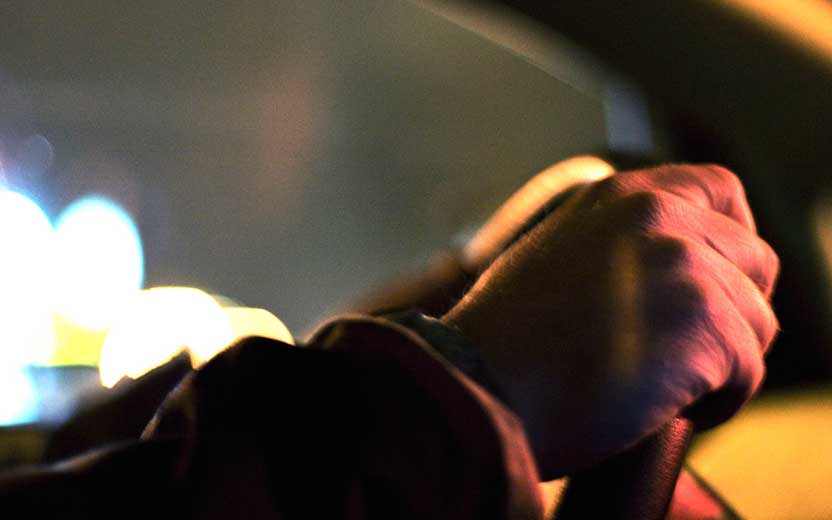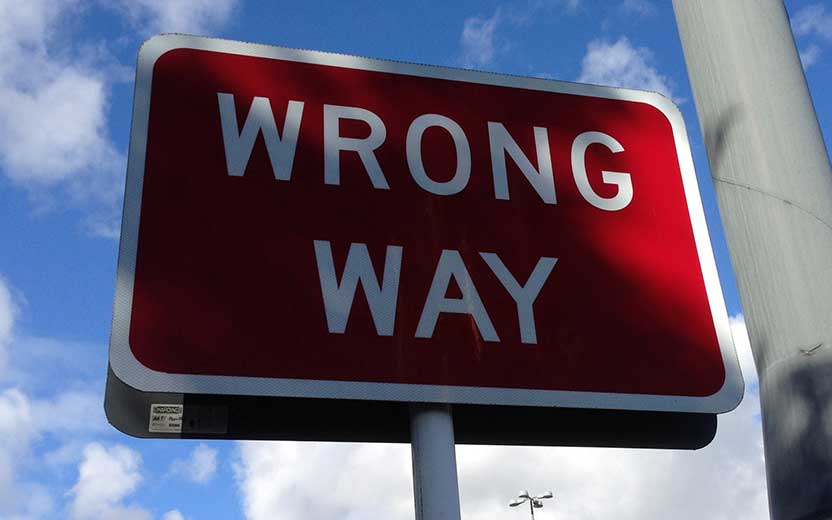By Marcus Fernandez
Car accidents happen more frequently than most people would like to imagine. According to the Florida Department of Highway Safety and Motor Vehicles, more than 374,000 accidents occur on the state’s roads each year. Of the total number of accidents, nearly 160,000 of them result in injuries to drivers, passengers or pedestrians, as well as countless medical bills.
If you are injured in a car crash, the treatment and recovery can be a slow and painful process. Depending on the severity of your injuries, you might be unable to work or earn an income while trying to make a full recovery. Adding to the physical pain you suffer is the anxiety and uncertainty caused by staggering medical bills. According to statistics published by the state, the average cost associated with treatment at a hospital emergency department in Florida is $5,518.
You should be able to focus getting better instead of worrying about insurance coverages and paying for overwhelming medical bills. Fortunately, state law provides a method for getting the medical care you need and deserve. There are a few things you should know about how to handle medical bills following a car accident to make the process easier for you.
How do you get your medical bills paid after an accident?
Florida is a no-fault state. Motorists must carry personal injury protection, or “PIP” for short, as one of the required auto insurance coverages. You might not be familiar with no-fault insurance because only a few states have it.
Florida no-fault coverage pays regardless of fault in causing the accident. When a car accident happens in a state without no-fault laws, a person injured in the accident must prove fault or negligence on the part of another driver in order to be compensated for medical expenses and other damages. This usually involves hiring a lawyer to file a lawsuit against the negligent party.
When injured in a car accident in Florida, you would look to your own insurance company for payment of benefits under PIP coverage. Because claims are not paid on the basis of fault, your insurance company processes and pays the claim.
PIP pays you for medical expenses related to the injuries suffered in a motor vehicle accident and lost wages. There is also a death benefit if a person dies in an accident.
Among the services and treatments paid for under no-fault insurance are the following:
• Physician and hospital charges
• Surgical expenses
• Rehabilitation and physical therapy expenses
• Diagnostic tests and laboratory fees
• Dental services
• Nursing care
The Florida no-fault law only allows for payment of 80 percent of the cost of the medical costs and expenses associated with your treatment. You are responsible for the other 20 percent. If you are unable to work because you are disabled by injuries you’ve suffered, PIP pays up to 60 percent of your lost earnings while you are out of work.
What happens when a person injured in an accident does not carry PIP coverage?
If you do not have insurance (for instance, if you are a passenger or a pedestrian who does not own a vehicle of your own) you could still have a claim for benefits. The claim could be made to the insurance company under the car in which you were riding, or the vehicle that hit you. However, this would only apply if you do not have PIP coverage through a policy issued to a relative with whom you reside.
Under the no-fault statute in Florida, a relative residing in the same household as you could be anyone related to you by blood or marriage. A relative does not need to reside in your household on a full-time basis to be considered a “relative” under the statute.
Processing no-fault payments can take time
The law requires that you seek medical treatment for injuries within 14 days of the accident. Failing to comply with the statute’s treatment requirement could result in losing some of your benefits.
Assuming you comply with the law and receive medical care within 14 days of the accident, it could take a while for the insurance company to issue a check for payment. The law allows insurance companies to take up to 30 days to process and pay a claim. It could take longer if the insurance company disputes the charge. Some of the reasons an insurance company might use to dispute a charge include the following:
- Services were not medically necessary
- Treatment was not related to injuries suffered in the accident
- Services furnished by unlicensed providers, such as acupuncture or traditional Chinese medicine
How can an attorney help with your medical bills after an accident?
An attorney experienced in representing the rights of claimants under the Florida no-fault law understands deadlines for filing claims and the importance of complying with the statute to avoid delays in the process by insurance companies. When an attorney is handling the claim for you, you can focus on recovering from your injuries knowing the medical bills and other allowable expenses are documented and presented in a way that ensures the best possible outcome.
If the insurance company delays or denies payment of your claim, your attorney can take steps to compel payment. This could include litigation. A knowledgeable attorney can review all options available and explain the best course of action for you to take.


